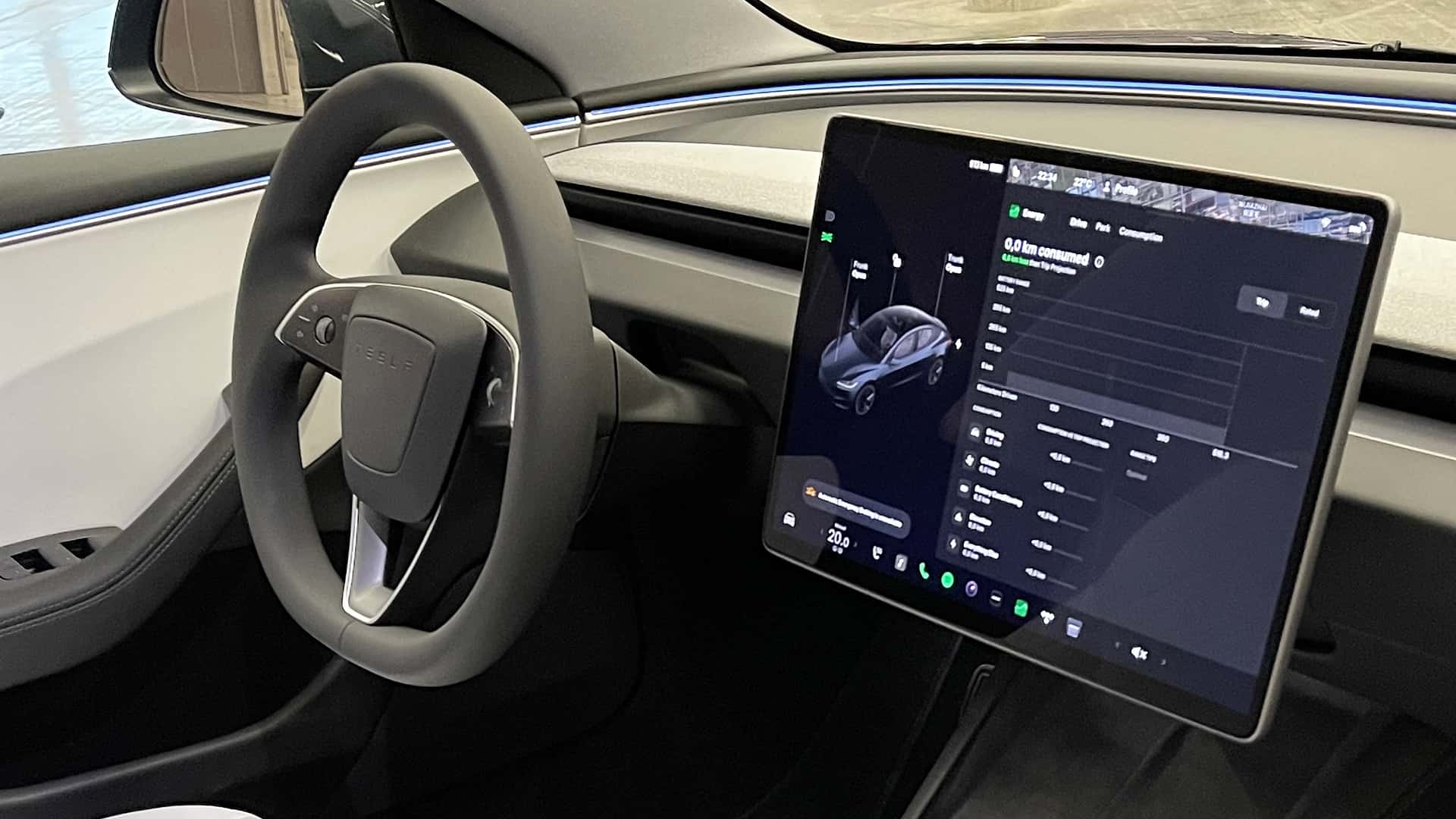I
l'll repeat myself, maybe this time I'll get an answer:
"Why do you think that not having stalks is more intuitive than having them?"
Here's why it's a bad idea:
1. **Safety First**: Physical controls are easy to use without looking, making driving safer. Touchscreens can be distracting and less intuitive.
2. **Emergencies Matter**: In tough situations, like sudden lane changes, physical controls are quicker to access, ensuring a fast response.
3. **Muscle Memory**: We're used to using stocks without thinking. Removing them might mess with our habits and cause confusion.
4. **Accessibility**: Physical controls are better for people with disabilities or limited hand mobility.
5. **Reliability**: Stocks rarely fail, but touchscreens can glitch, causing problems.
6. **Rules and Regulations**: Vehicle rules often require physical controls for safety. Tesla's move might raise legal issues.
Let's talk about why ditching physical stocks is a step back in terms of intuitiveness.
Imagine this: You're driving, and you need to signal a turn or change gears. With stocks, it's a no-brainer - a flick of the wrist, a push or pull, and you're done. It's muscle memory for most of us.
Now, picture using a touchscreen for these tasks. You've got to navigate menus, tap precisely on icons, and take your eyes off the road to make sure you're hitting the right spots. That's not intuitive at all, especially when compared to the simplicity of stocks. Relying on technology to guess the states automatically for you is also a bit of a gamble and very risky in precise situations.
We're used to instant, tactile feedback from physical controls, and removing them could disrupt that familiarity. So, for the sake of ease and comfort, keeping those physical stocks makes a lot more sense and provides absoluteness and what you expect to happen.
“Innovation” is cool, but we should make sure it doesn't compromise safety, predictability and convenience.

